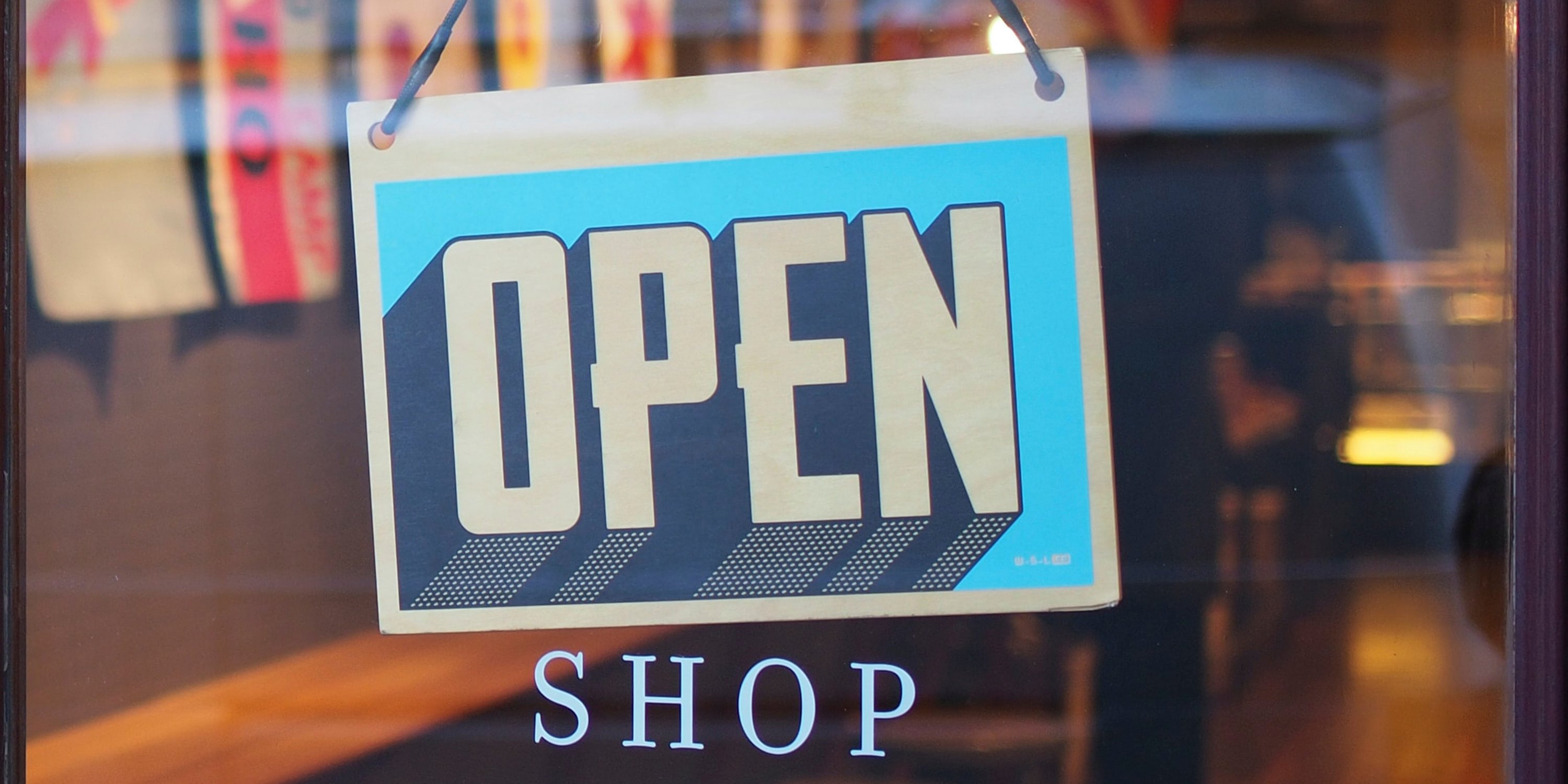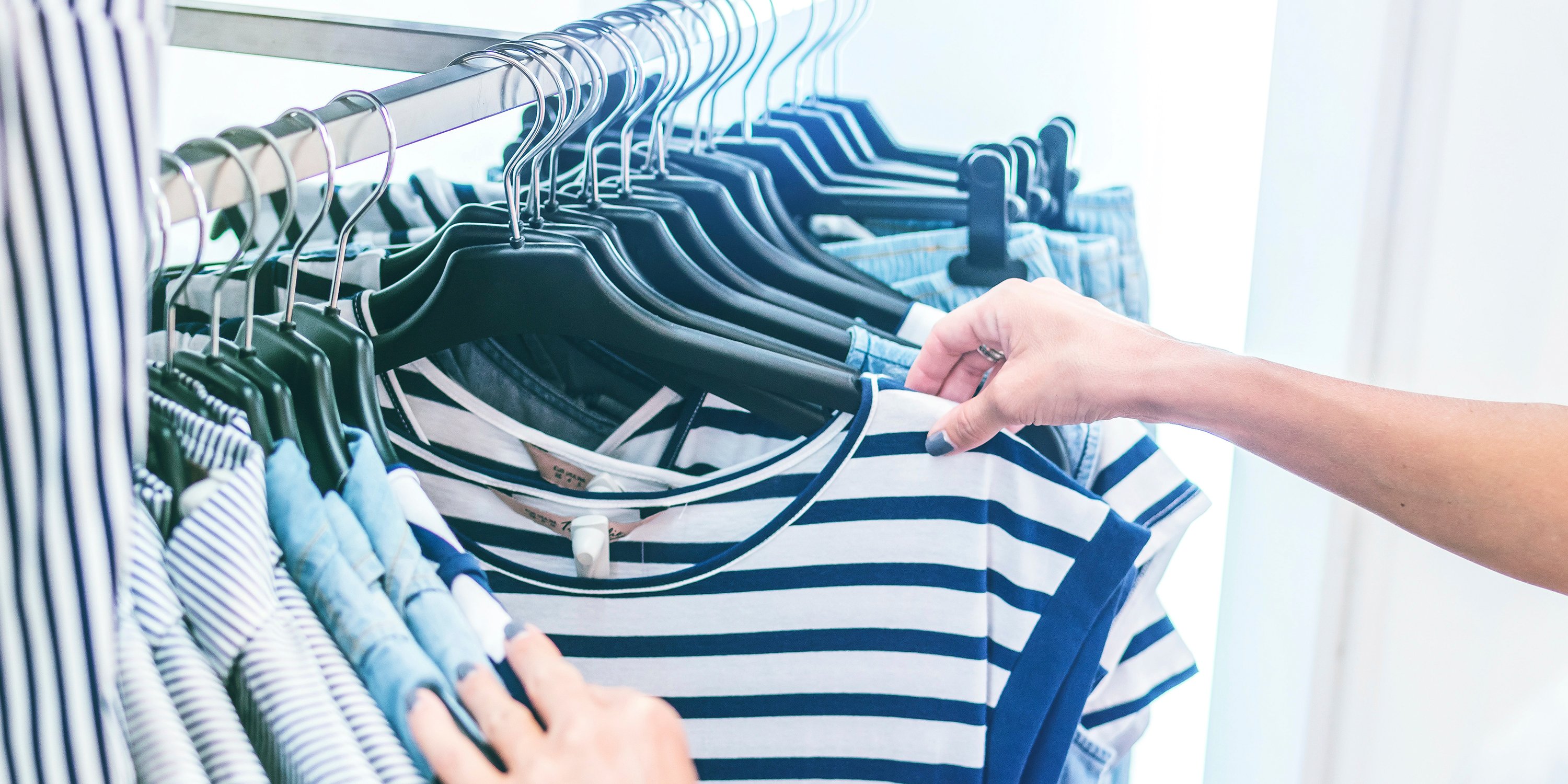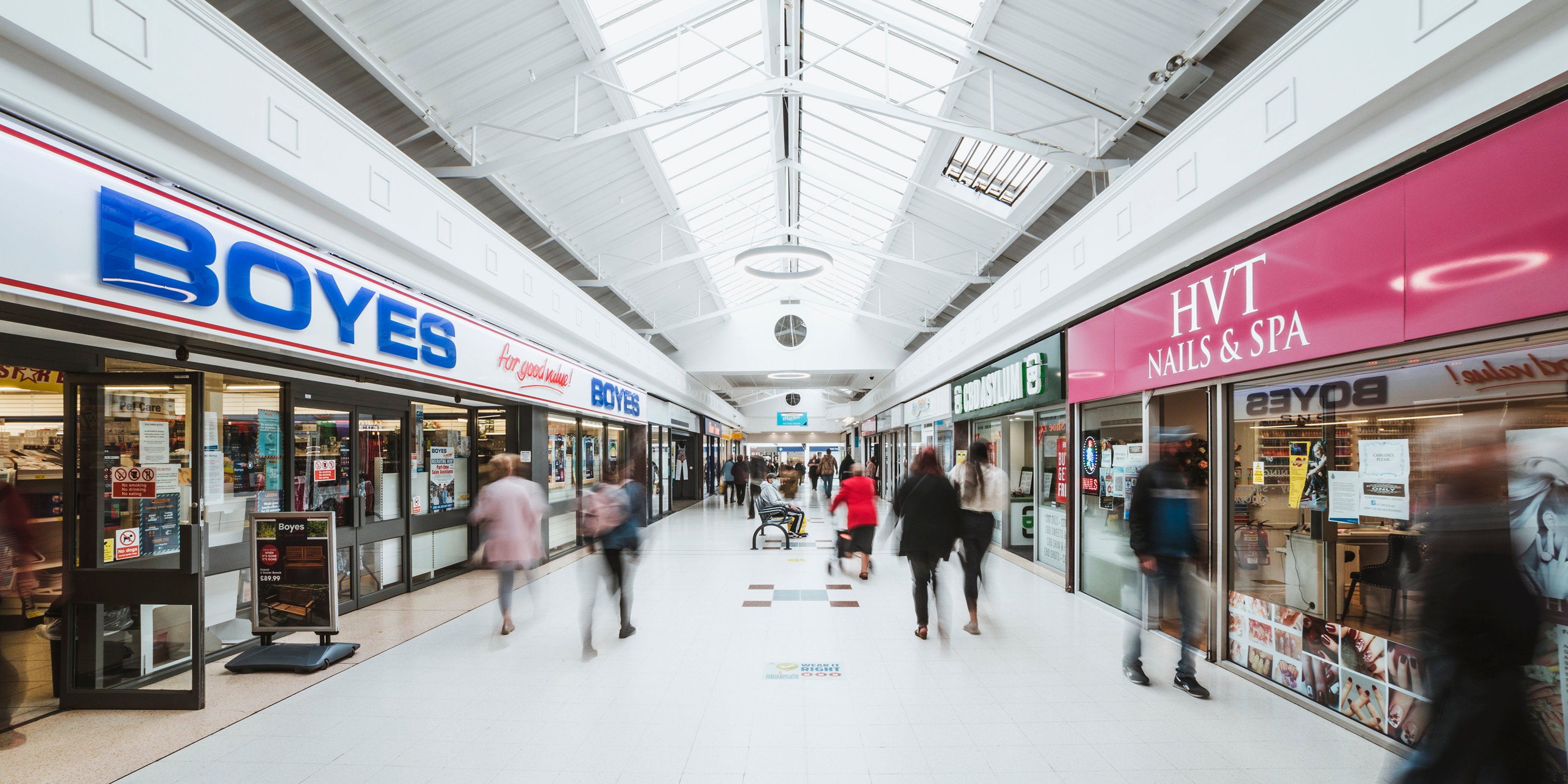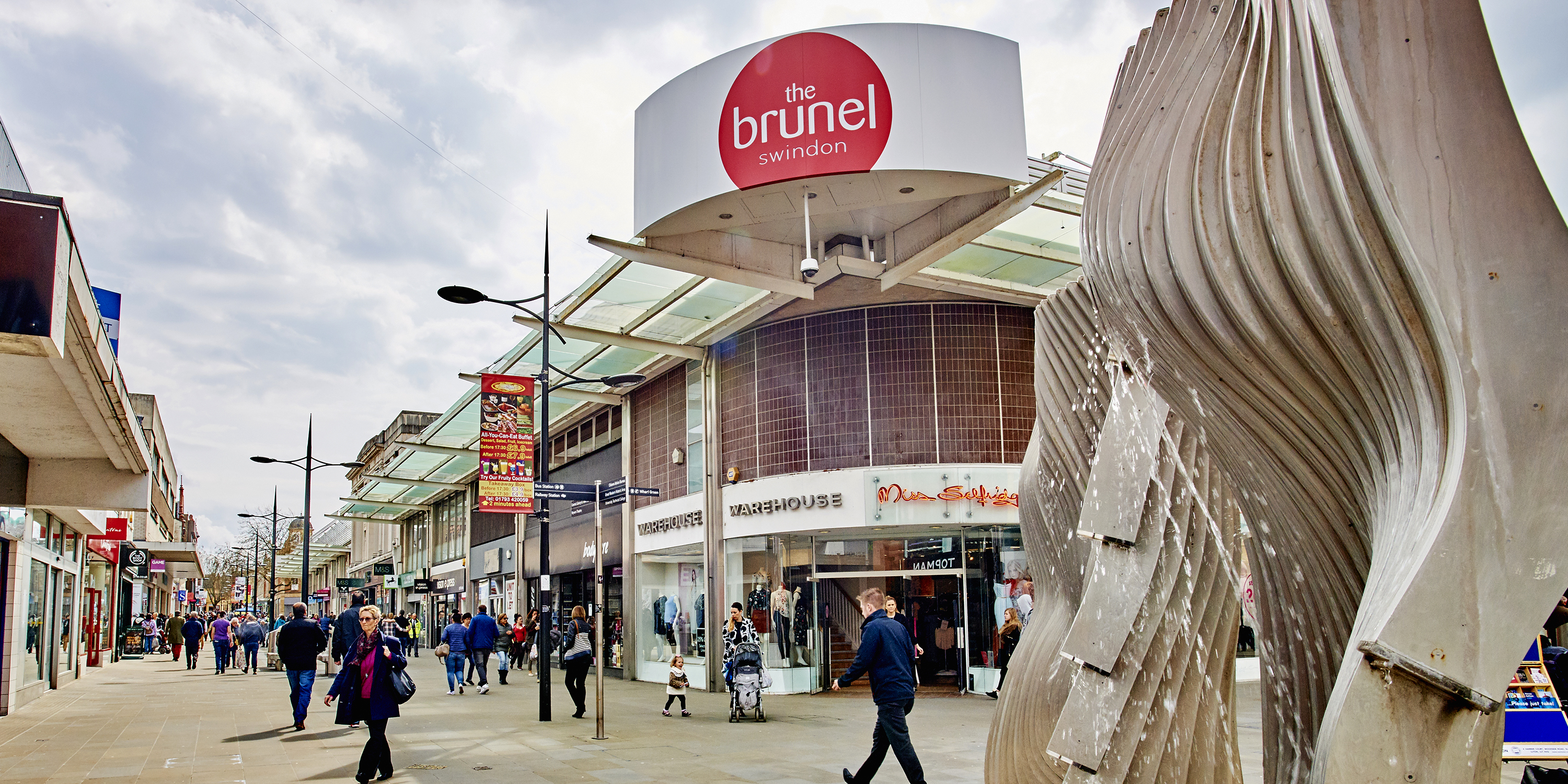It’s hard to deny that we’re living in an age where buying something with a single click on a website is considered the norm.
With shop shutters firmly locked throughout much of the pandemic, shoppers have had little choice but to look online for their retail therapy.
As such, the European ecommerce market was worth €757bn (£646bn) in 2020, a 10% hike on 2019’s €690bn (£588.8bn). Furthermore, Amazon’s UK sales in 2020 leapt by 51% to £22.61bn.
But online isn’t everything and there’s still a lot of stock in physical retail. Here, we explain why bricks-and-mortar outlets still matter...
Immediate sale
One major drawback of buying online is the wait. The novelty of being able to buy whatever you want through your smartphone is quickly diluted by the long wait until the postie gets round to stuffing it through your letterbox.
“There’s none of that waiting around with a physical shop,” said Rob Melling, one of the retail-focused asset managers here at FI Real Estate Management (FIREM).
“Buyers enjoy the convenience of being able to enter a store and leave a few minutes later with precisely what they went in for.
That means no postage costs, no week-long wait, no tatty beat-up box when (or if) it finally arrives, and no traipsing to the post office if you miss the courier; just what you want when you want it.”

Know what you're buying
Another drawback with buying online is that the item might not be as it appears on the website and what drops through your letterbox can be quite different to what you’d expected.
Research from KPMG found that the top reason why consumers prefer to shop in physical stores is to see, experience and test products in person before buying them. This creates a more informed purchase and customers can hand over their money with the confidence and knowledge that they’re receiving exactly what they want.
Furthermore, ‘going shopping’ isn’t just about buying stuff. For a significant chunk of the Great British public, a trip to a shopping centre is a day-out that provides an easily overlooked benefit to wellbeing that just isn’t possible with online shopping.

Your shop front = permanent advertising
One thing that’s often underestimated is how a physical shop front doubles up as not just the doorway to a store, but also always-on advertising that supports brand exposure.
A physical shop is about much more than just presenting products in an attractive fashion, says Tim Wyer, another retail-specialised asset manager at FI Real Estate Management.
“Businesses can invest in their store to express their values and give consumers the chance to showcase other products that complement buyers’ initial interest,” commented Tim. “Retailers can also give tutorials and advice - that’s what retail will be moving forward.”

Building relationships
You don’t get much personality through an app or a website. Users log in, fill in their details, click the necessary buttons, and leave.
It’s not much of an experience, says FIREM’s Rob Melling, who added: “By selling face-to-face in person, businesses have a greater opportunity to build a rapport with their customers, creating relationships that leave a positive impression and increase the chances of them purchasing from you in the future.
“It’s about joining a business community too, and complementing neighbouring and nearby retailers to form a larger picture.”
Taking the online offline
Even some of the biggest names in ecommerce don’t put all their eggs in one online basket and have opened physical outlets, supporting the research that people still want to see a product in the flesh before parting with their cash.
Amazon has opened more than 30 physical stores across the US since 2018 and they’ve started setting up in the UK too with two ‘4-star’ shops appearing in Kent’s Bluewater and Westfield London in Autumn 2021.
They’re far from the only online retailer entering the world of physical retail and that’s because research shows that when a retailer opens a new physical store location, traffic to their website increases by 37% the following quarter (Source: International Council of Shopping Centers).
FI Real Estate Management operates a number of varied physical retail options in strategic locations throughout the UK. Contact our team to find out more about how we can help your business benefit from physical retail.


